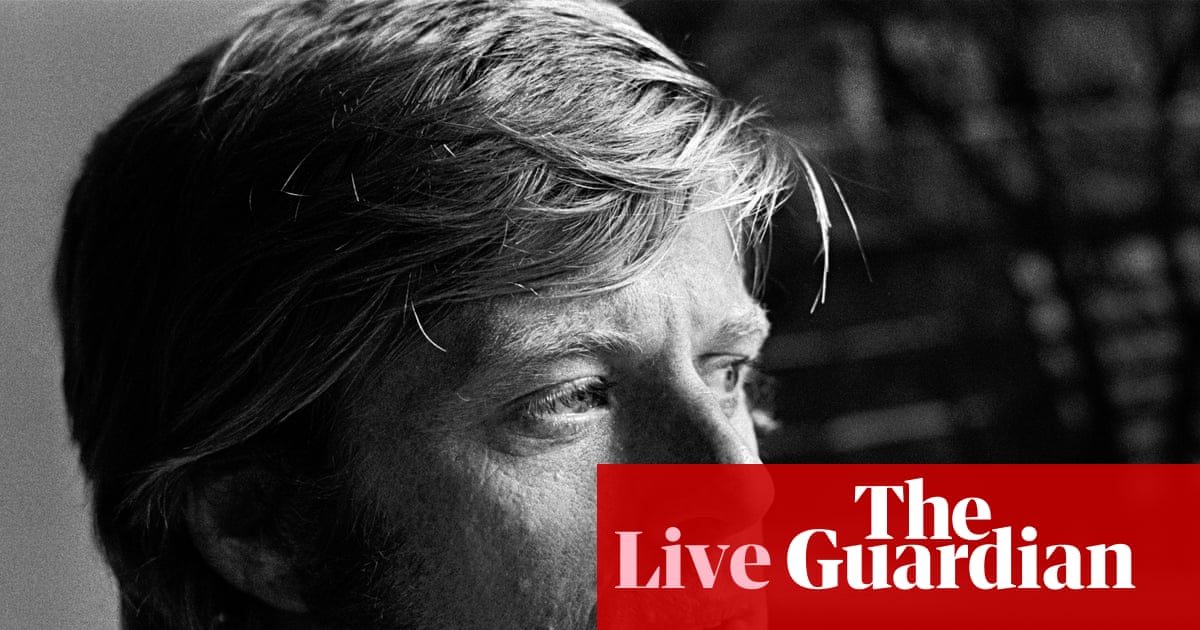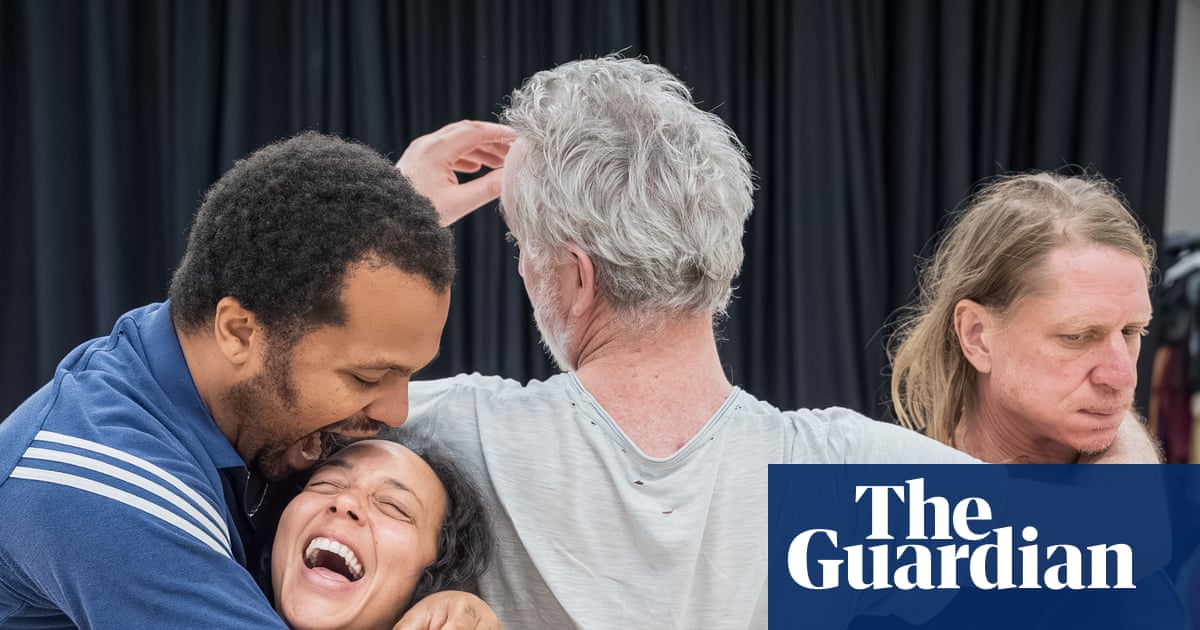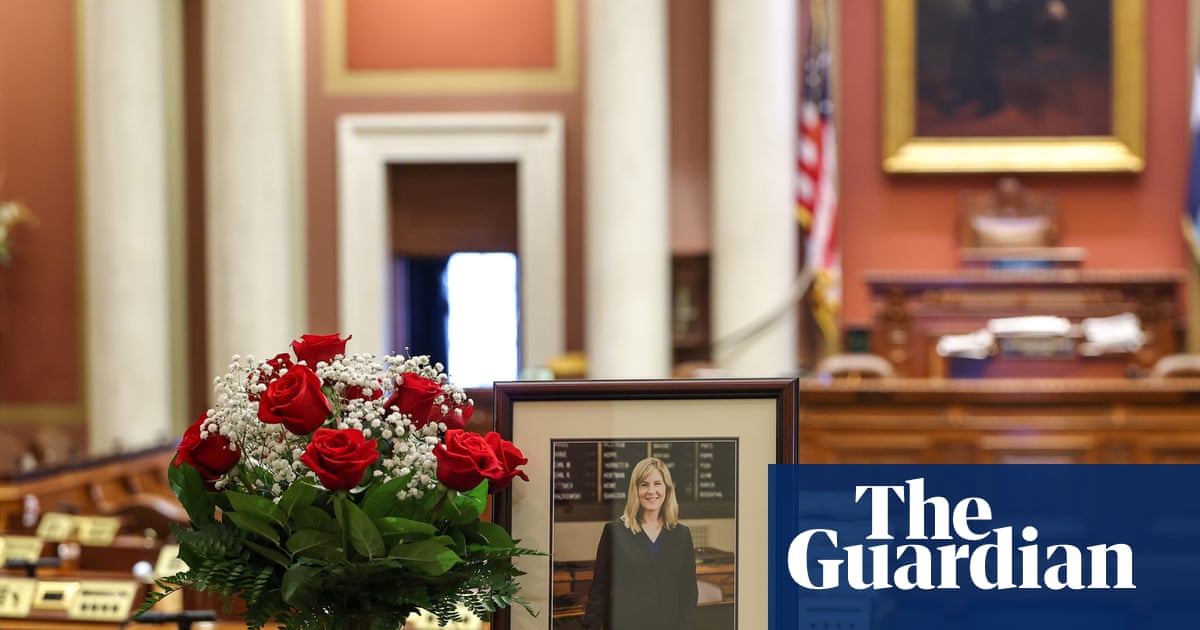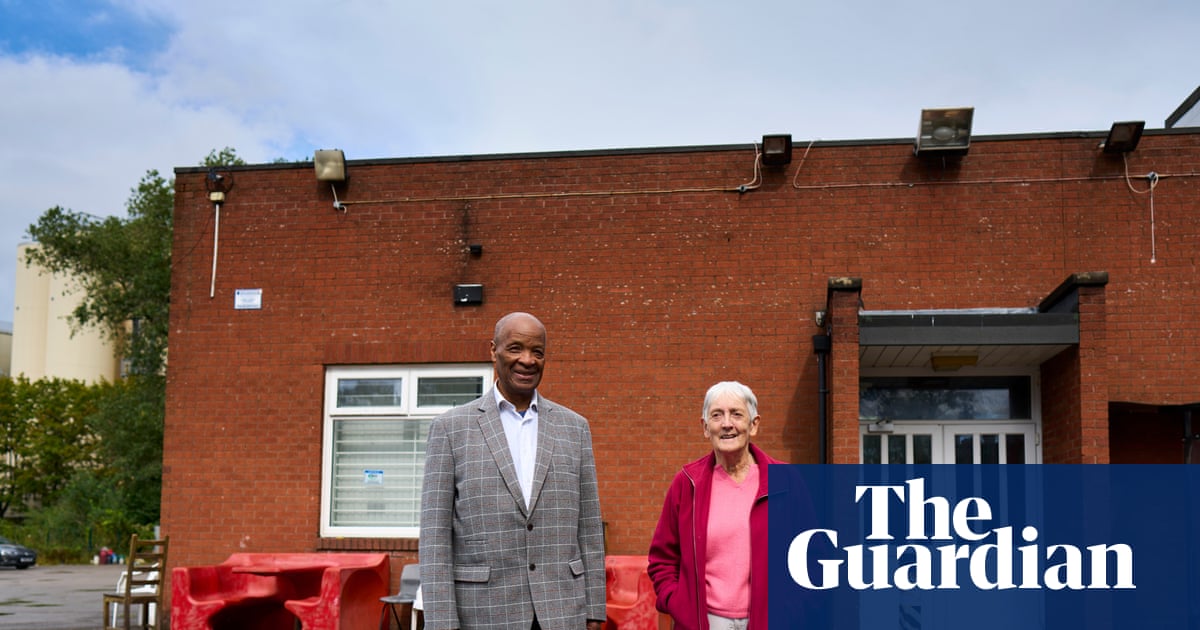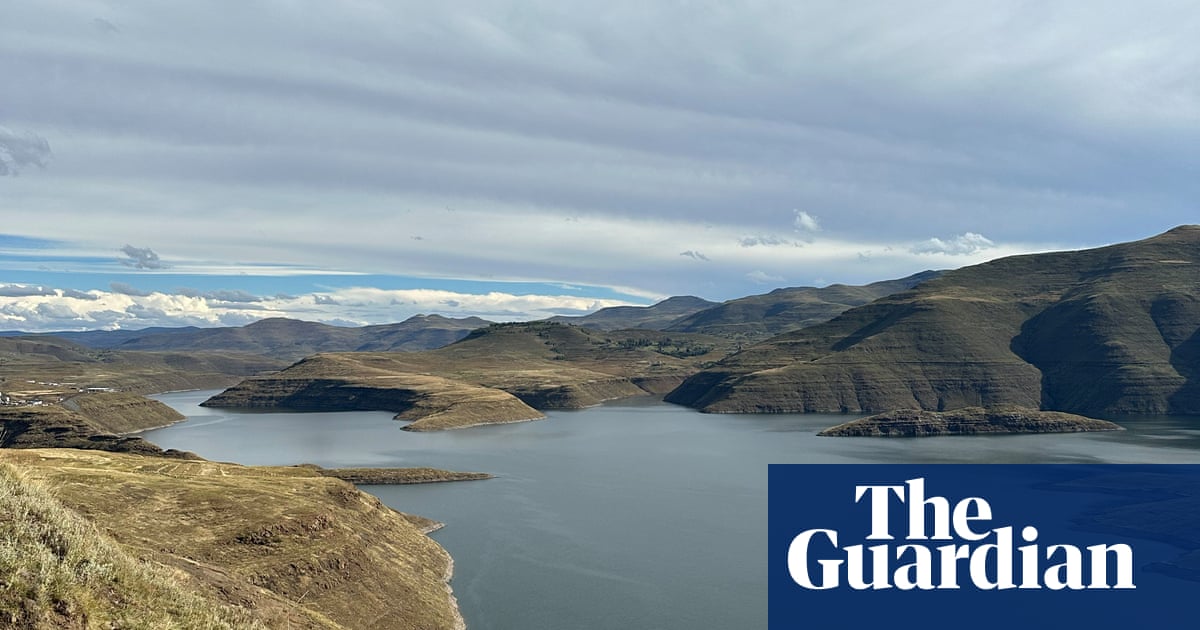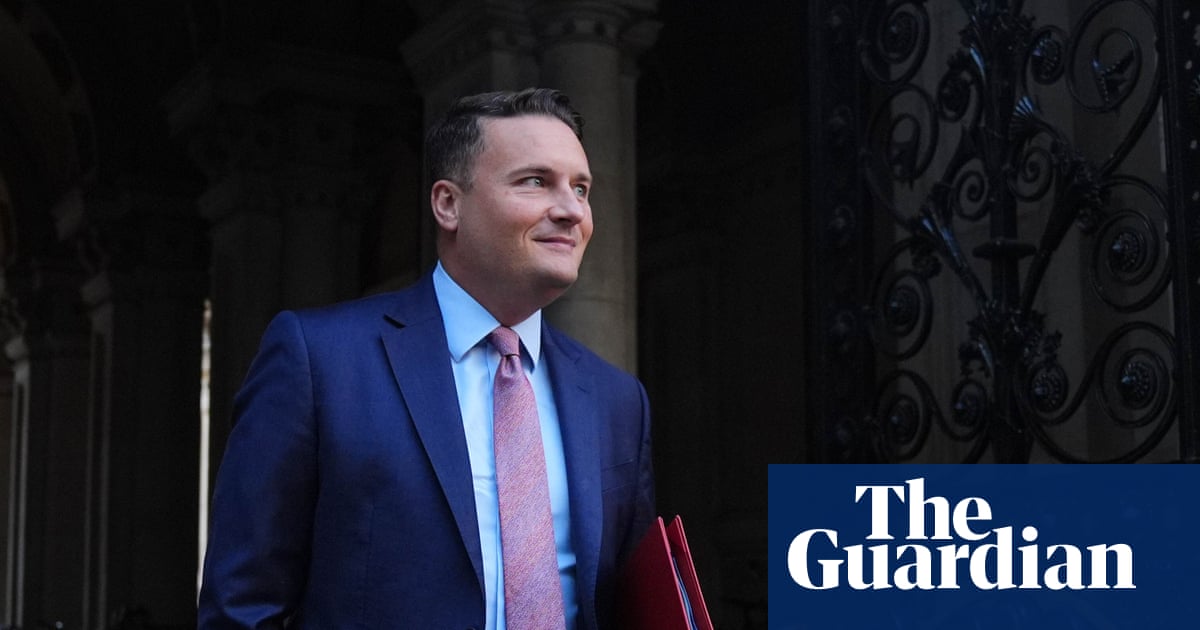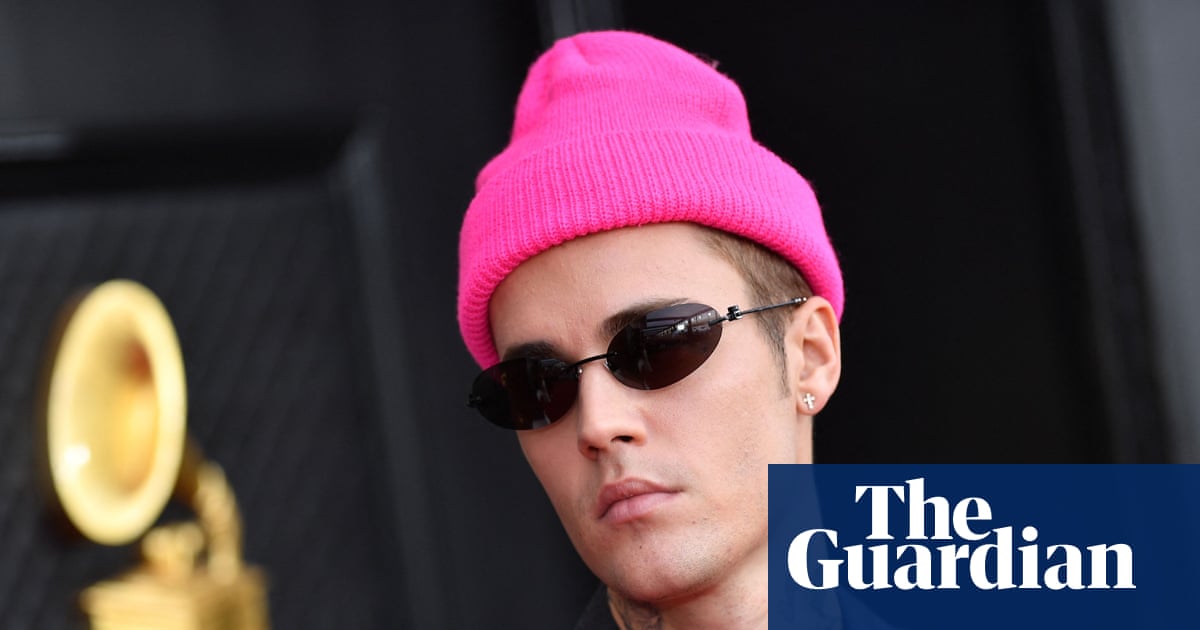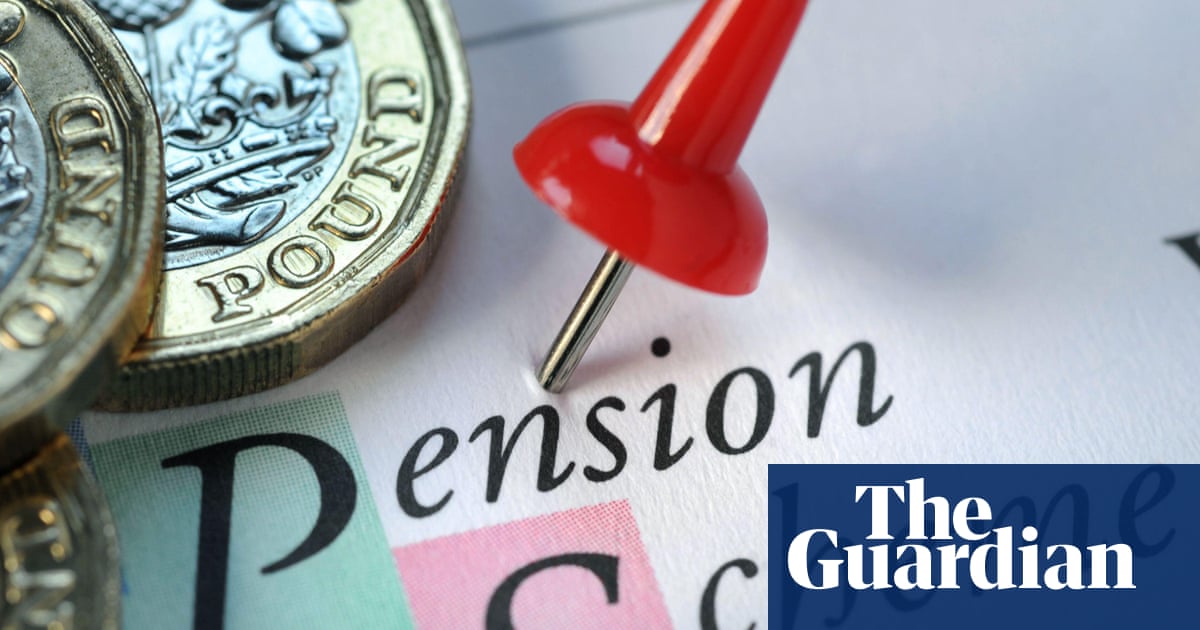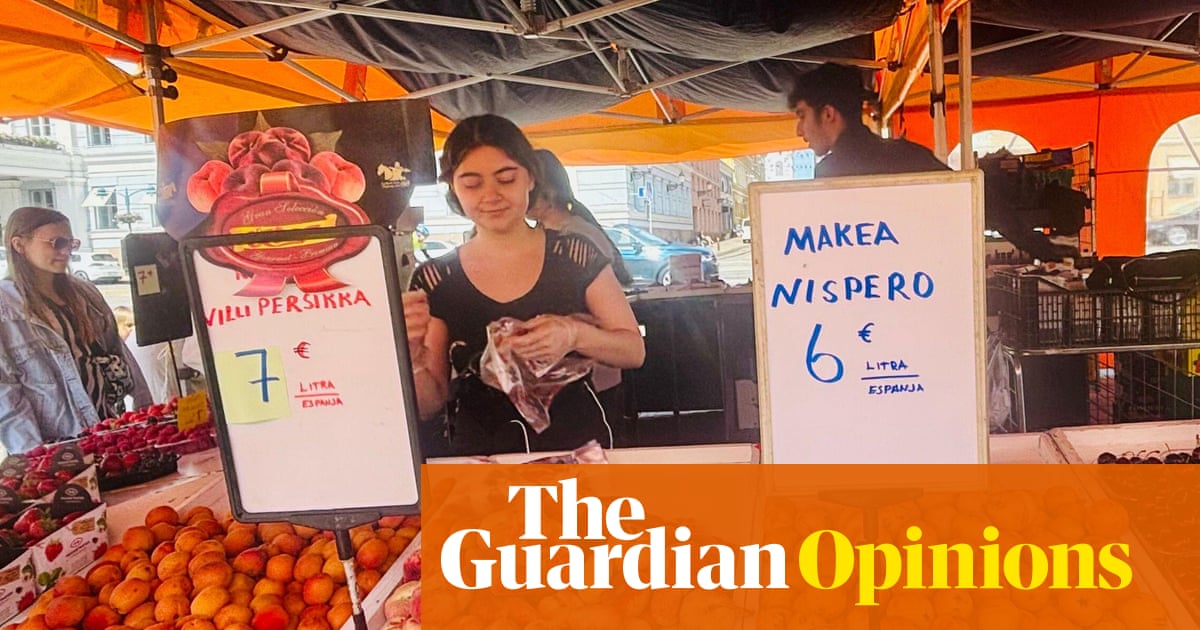The Trump administration’s agreement with President Nayib Bukele to detain US migrants deported to El Salvador without due process seems to have emboldened Bukele’s autocratic regime. Last week, in a troubling sign of escalating repression, Salvadorian police detained Ruth López Alfaro, a prominent Salvadorian human rights lawyer at Cristosal, an organization fighting for human rights in Central America.
Last year, the BBC recognized Ms López Alfaro as one of the 100 most inspiring and influential women in the world, describing her as “an outspoken critic of the country’s government and institutions” who “conducted a broad social media campaign to promote political transparency and public accountability overseen by the citizens themselves”. This year, on 18 May, Salvadorian security forces detained her at her residence on embezzlement charges and held her incommunicado from her family and legal representatives for more than 40 hours. The Inter-American Commission on Human Rights has expressed “deep concern” over reports of her enforced disappearance, and numerous human rights organizations have called for her release and protection of her safety and due process rights.
Ms López Alfaro’s detention comes at the crest of a repressive wave sweeping the country over the past month. In the week immediately preceding her arrest, 14 bus company owners were detained for allegedly disobeying Bukele’s order on X that bus service would be free for a week in response to the chaos caused by the collapse of one of the president’s signature public works projects. The crackdown continued when the military police broke up a peaceful demonstration near the president’s private residence by members of an agricultural cooperative called “El Bosque” pleading for his help to protect their homes and land against an eviction notice.
Several people were arrested, including an evangelical pastor, Jose Perez, and the next day, the group’s lawyer, Alejandro Henriquez. (Earlier this year, Mr Henriquez had filed a case with Ms López Alfaro before the Salvadorian supreme court challenging the Bukele regime’s repeal of a seven-year ban on gold mining in El Salvador, despite the repeal’s risk of causing severe environmental damage).
Two days after Ms López Alfaro’s detention, El Salvador’s legislature, controlled by Bukele’s New Ideas party, passed a Russian-style “foreign agent” law requiring anyone who receives foreign funding to register with the government and pay a 30% tax on such funding or else face sanctions. President Bukele had previously announced the legislation as a reprisal for civil society organizations’ support of El Bosque’s pleas to keep their land. The law, which aims to crush independent journalism and civil society organizations that constituted the last remaining vestiges of democracy in El Salvador, was enacted in an hour and 24 minutes without debate by Bukele’s legislature.
This campaign of repression has been bolstered by Trump’s agreement to pay Bukele millions of dollars to confine up to 300 US deportees – mostly Venezuelans – in El Salvador’s maximum-security Terrorism Confinement Center (Cecot). (Ms López Alfaro was leading the legal team supporting families of the Venezuelan detainees to document their case and present habeas corpus claims to the Salvadorian courts.)
The United States does not lack detention facilities to hold immigration detainees. But Bukele’s detention facilities offer a zone unconstrained by US court orders, the rule of law, or even the most basic of human rights protections. These are powers Bukele has accumulated at alarming speed, by dismantling institutional checks, purging courts, eviscerating due process protections, and weaponizing pretrial detention.
In May 2021, Bukele’s party used its legislative super-majority to fire all five justices of the constitutional chamber of the supreme court as well as the attorney general, thereby dismantling constraints on his power. Then, using the same fast track procedure, a legislative decree forced every judge older than 60 or with more than 30 years’ service – about a third of the bench – into retirement. Later that year, the reconstituted constitutional chamber found Bukele eligible for re-election despite seven articles in the Salvadorian constitution that clearly prohibit presidential re-election.
The following year, El Salvador’s Congress imposed a state of exception to counter gang violence. The state of exception suspended constitutional due process rights and granted extraordinary powers to security forces to detain citizens at their discretion. Although it was initially introduced for 30 days, it has continuously been renewed and remains in place.
While the murder rate did fall significantly, the human rights violations caused by the state of exception have been staggering. Since March of 2022, more than 85,500 people have been arbitrarily detained in mass round ups, leading to the highest incarceration rate in the world. Torture and abuse of prisoners is rampant, and have led, according to Cristosal’s investigations, to the deaths of 387 people – including four infants – in custody.
Many prisoners have been held for years without trial and without their families even knowing if they are alive. A 2023 procedural overhaul allows unnamed “faceless judges” to conduct mass trials of up to 900 defendants at a time – a clear violation of their right to a defense and the presumption of innocence. Many of these lawless procedures are now being used to persecute Ms López Alfaro and others who have stood up to the Bukele regime.
The agreement between the US and El Salvador is not only itself unlawful; it enables and rewards lawlessness. It violates the US’s obligation to ensure due process and to comply with its “non-refoulement” obligation that prohibits sending any person to a place where there is a substantial risk of torture and/or cruel, inhuman, degrading treatment of punishment.
The agreement also appears to aid Bukele’s cover-up of a secret deal he allegedly struck with the MS-13 gang to boost his popularity at home. A 2022 US Justice department indictment of MS-13 gang members describes in detail how Bukele agreed to protect the gang in exchange for it engaging in fewer public murders and supporting his party during the 2021 legislative elections. US deportations of MS-13 gang leaders facing criminal prosecution in the US was reportedly a priority for Bukele, apparently to prevent them from disclosing details of that secret deal in US courts. Bukele has denied the deal, but seems intent on suppressing the facts. Several journalists from the leading independent news outlet El Faro were forced to flee the country after learning that his regime was preparing to arrest them for publishing interviews with MS-13 gang members describing the deal.
Trump and Bukele peddle a brand of punitive populism that offers security at the expense of democracy and human rights – a seductive promise for electorates anxious about public safety. But this false bargain serves as a pretext to expand their own power, exploit public office and diplomacy for personal gain, and institutionalize cruelty in public policy.
The people of the United States and El Salvador deserve better. The lawless collaboration that led to the disappearance of hundreds of men – transferred from the US without due process into indefinite detention at Bukele’s Cecot – has forged a common cause. It unites Americans who fear the loss of their democracy with Salvadorians like Ruth López Alfaro and countless others who have already lost their freedom to autocracy. The futures of democracy in both nations are now inextricably linked through the mutually reinforcing tyranny of their leaders.
-
Noah Bullock is the executive director of Cristosal, a human rights organization based in El Salvador. Amrit Singh is a professor of the practice of law at Stanford Law School

.png) 3 months ago
103
3 months ago
103
